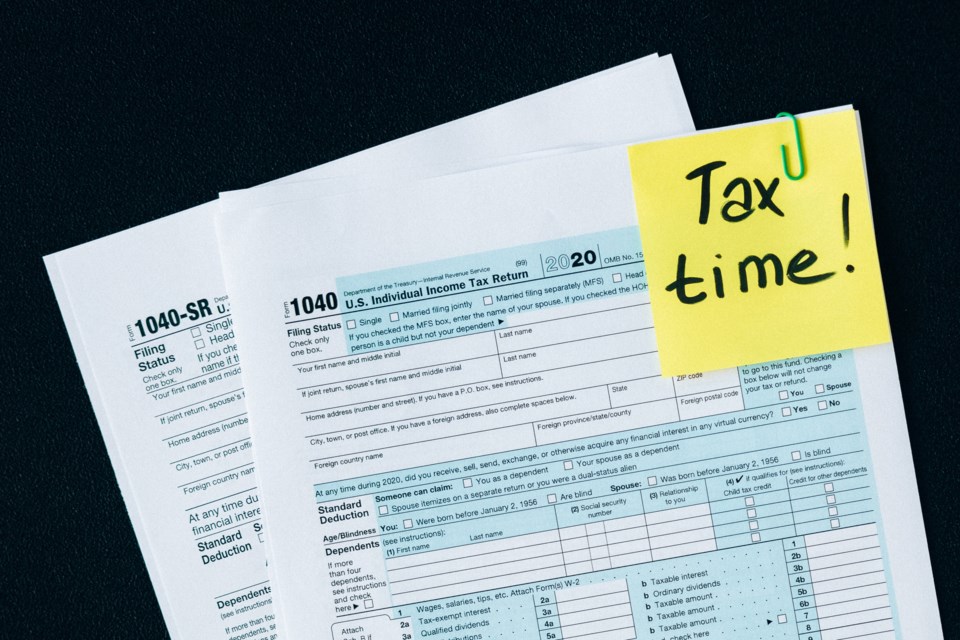Tax season is upon us and for many, it’s a daunting time full of incomprehensible numbers, myths and headaches. Whether you complete your taxes on self-help tax websites, such as TurboTax or FreeTaxUSA, or seek guidance from an accountant, the looming dread of tax season is a constant. The tax process, however, isn’t as dreadful when it’s broken down into digestible bits of information.
When did the U.S. implement a tax system?
The U.S. Congress introduced income tax on Americans during the Civil War in 1861. According to the National Archives, the country’s high financial need led Congress to tax 3% of incomes over $800.
Years after the Civil War’s end, the income tax was revoked but the idea of taxes stuck. Decade after decade, Congress toyed with different blueprints of what we know as taxes today. The 16th Amendment, ratified in 1913, established the tax system as it exists.
What does tax money go to?
The tax money paid by Americans constitutes the country’s budget. With taxes, the U.S. pays for healthcare programs such as Medicare and Children’s Health Insurance Program, or CHIP. Health programs use about 25% of the federal budget, according to TurboTax.
The Social Security system accounts for 21% of the federal budget and provides retirement funds and disability payments.
Nine percent of the federal budget is allocated toward Defense and Security. This ensures that military forces and the Homeland Security Agency have adequate funds.
Other expenses that tax money aids include national debt interest, food stamps, unemployment, education, transportation and infrastructure, benefits for veterans and low-income housing help.
Why do you owe taxes?
When you file taxes for the year, you may owe money even as taxes are withdrawn from your paycheck every pay period. This can happen for an array of reasons, but the most common is that your tax withholding is off due to various factors.
At the time of employment, you must fill out a W-4 form, which outlines your life situation. Are you single or married? Do you work multiple jobs? Do you have dependents? All of these factors determine how much of your paycheck is withheld for tax purposes.
Some factors may change or be recorded inaccurately on the W-4 form, leading you to owe taxes at the end of the year.
If you’re self-employed, taxes are not withheld from your paychecks, thus requiring you to pay an entire year of income tax when you file. Ramsey Solutions advises that those who are self-employed pay quarterly taxes to the Internal Revenue Service, or IRS, to avoid paying a large sum of money.
Similarly to owing taxes at the end of the year, you may end up receiving money from the IRS when you file. This indicates that you overpaid taxes and your withholding is more than required.
Should I file taxes myself or hire an expert?
Opinions vary widely when it comes to hiring a tax expert or logging onto TurboTax. Tackling taxes can save you preparation fees, but can lead to errors on your tax return without an expert eye. However, hiring an expert doesn’t guarantee an errorless process or more money on your return.
There are pros and cons to both options. Evaluate your personal finances, research and file taxes before April 15.



